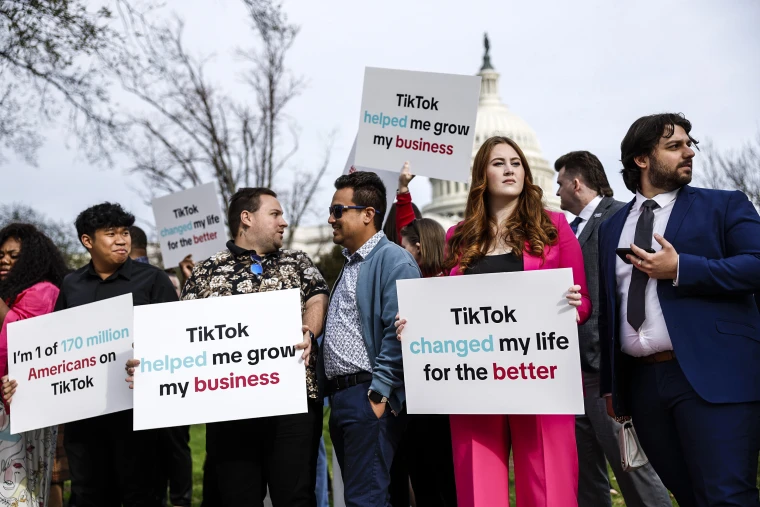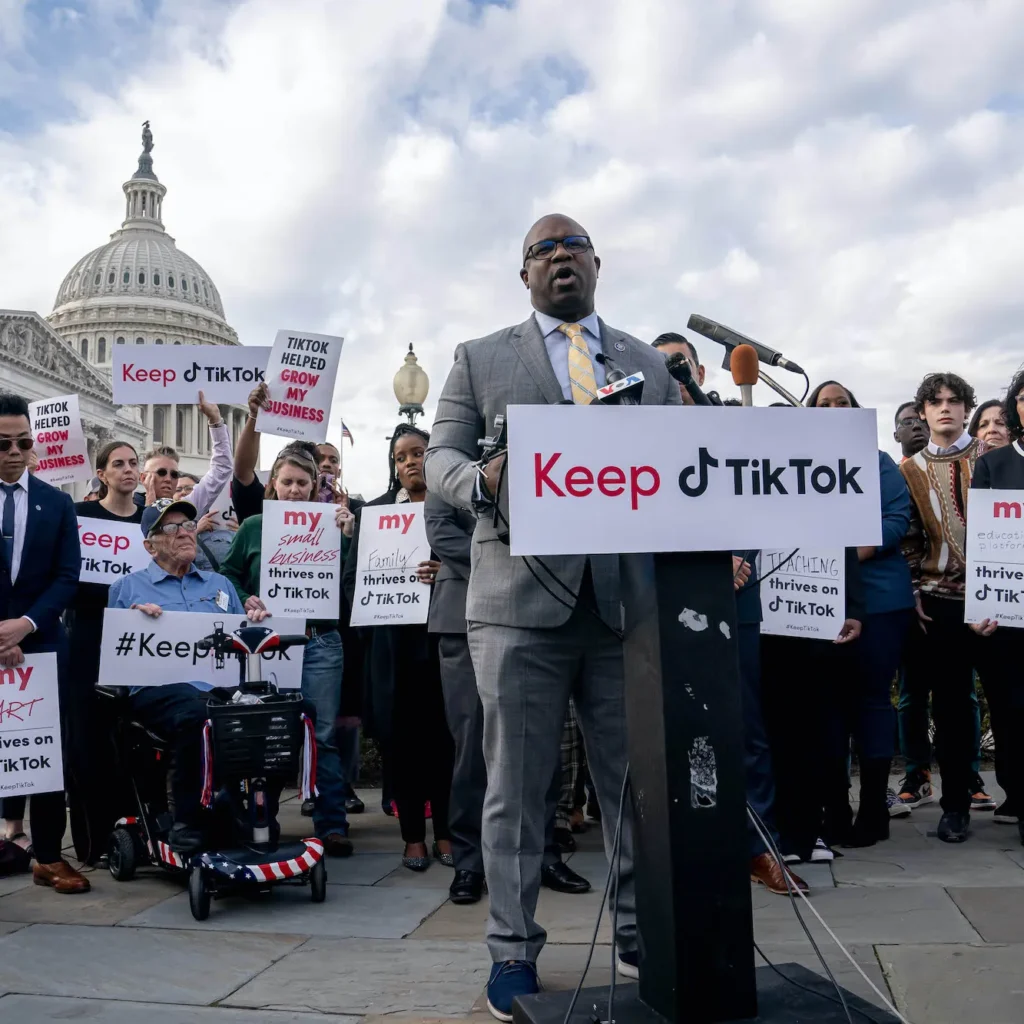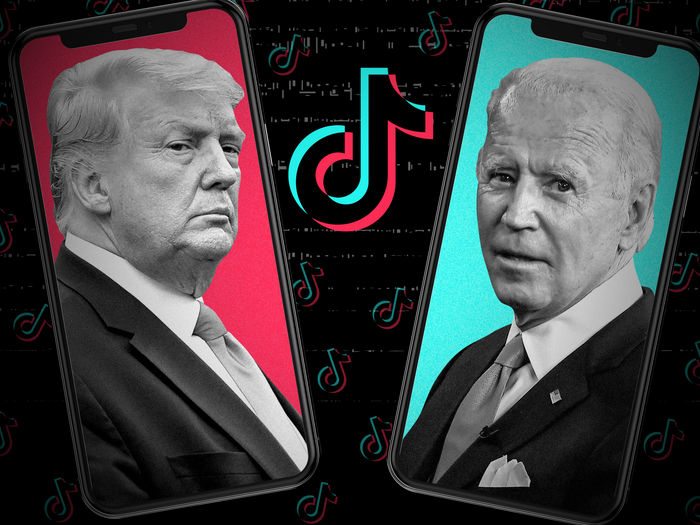The Beat Drops on American Dreams? TikTok’s Uncertain Future

TikTok, the land of viral dances and comedic skits, is facing a potential American shutdown. This isn’t just about catchy tunes and funny filters anymore. For many, the platform has morphed into a financial lifeline, especially in the face of rising inflation. A ban would be an economic blow, potentially leaving millions scrambling.
The future of creators like Sarah, and the financial security they’ve built, hinges on this crucial decision. Imagine this: Sarah, a single mother in Ohio, juggles two part-time jobs to make ends meet. Struggling to survive, she discovers a niche on TikTok, her baking tutorials garnering millions of views. Brands come knocking, offering sponsorships. Suddenly, Sarah’s baking hobby flourishes into a business, allowing her to quit one job and spend more time with her child. This isn’t an anomaly. Countless creators, from artists to financial advisors, have found their voice and a path to financial security through TikTok.
Here’s the rub: a ban throws Sarah’s newfound success, and the success of countless others, into jeopardy. While concerns about data privacy and national security are warranted, a complete shutdown disregards the burgeoning creator economy TikTok has fostered.
The argument isn’t to turn a blind eye to potential security risks. Implementing stricter regulations, fostering transparency on data usage, and collaborating with TikTok can be a more nuanced approach.
Think about it: millions of Americans depend on the platform for income. Banning it would be akin to shutting down a marketplace where millions conduct business. The economic ramifications would be severe, potentially leading to job losses and a decline in a revenue stream that many have come to rely on.
Further complicating the issue is the current economic climate. Inflation is at a 40-year high, putting a strain on household budgets. For many, the extra income generated through TikTok provides a much-needed buffer.

This doesn’t downplay the need to address security issues. Striking a balance is crucial. A potential solution could involve:
- Increased Scrutiny: Implement stricter data privacy regulations and conduct regular audits to ensure compliance.
- Content Moderation: Establish a robust content moderation system to address security concerns.
- Transparency: Foster an environment of transparency where users understand how their data is used.
Banning TikTok altogether might seem like a quick fix, but it’s a recipe for economic disruption. Instead, a measured approach that prioritizes both security and the livelihood of millions of users is what’s needed.
The discourse surrounding TikTok’s potential regulation or ban by the U.S. government highlights a significant bureaucratic struggle, juxtaposed with broader social and economic issues that the country faces, such as military spending, veteran care, and homelessness. The government’s focus on TikTok, amidst these issues, underscores the complexity and sometimes the seemingly misplaced priorities within the bureaucratic apparatus.
The U.S. government’s efforts to regulate TikTok have evolved over time, reflecting concerns about national security, particularly the potential for data privacy breaches due to the app’s Chinese ownership. Initially, bipartisan support emerged for banning TikTok from federal devices, a measure enacted at the end of 2022, amidst fears that ByteDance, TikTok’s parent company, could share user data with the Chinese government or spread disinformation .

However, the quest to extend this ban beyond federal devices has faced significant hurdles. A key piece of legislation, the RESTRICT Act, stalled amidst concerns about its implications for free speech and the broad authority it would grant to the executive branch. In response, the Biden administration has backed the Guard Act, hoping to give the Department of Commerce more authority to address the perceived threats posed by foreign-based apps like TikTok without the constitutional concerns that hampered previous efforts .
These legislative efforts, however, encounter challenges beyond just legal and constitutional concerns. The possibility of forcing ByteDance to divest TikTok to a U.S. company has been explored but is fraught with difficulties, including the app’s high valuation, potential antitrust issues, and the unlikely cooperation from China. The complexity of the situation is compounded by the administration’s recognition of TikTok’s deep integration into American life, juxtaposed against the backdrop of its potential risks to national security.
While national security concerns regarding TikTok are undeniable, a complete shutdown presents a short-sighted solution. Millions of Americans utilize the platform for their livelihood, particularly in these times of economic strain. Isn’t reforming a department with documented inefficiencies (military-industrial complex) and a lack of proper resource allocation (veterans’ issues) a more pressing concern than jeopardizing the economic well-being of countless individuals, potentially further straining already stretched social safety nets? -EVO
This focus on TikTok comes at a time when the U.S. faces myriad domestic challenges, including significant expenditures on the military complex, with some veterans facing hardships such as reliance on food stamps due to insufficient support from the Veterans Affairs department. Additionally, the nation grapples with a persistent homelessness crisis, raising questions about the prioritization of governmental efforts and resources .
The ongoing saga of TikTok’s regulation underscores a broader critique of government priorities and the efficacy of its bureaucratic mechanisms. While national security is undoubtedly crucial, the intense focus on a single social media platform raises questions about how government identifies and addresses the most pressing issues facing the country today. The narrative surrounding TikTok, set against the backdrop of broader social and economic challenges, encapsulates the complex and sometimes contradictory nature of governmental action in the modern era.

President Election could hinge on this decision.
For the fiscal year 2024, the United States Congress approved a defense budget of $886 billion, marking a $28 billion or 3.3% increase from the fiscal year 2023 level. This significant financial commitment aims to support the defense and military efforts of the country, reflecting ongoing concerns over national security and strategic interests globally.
Let’s take a moment to absorb the enormity of the U.S. defense budget for 2024: $886 billion. Yes, you read that right. That’s billion, with a “B”. It’s enough money to make even Scrooge McDuck’s vault look like a piggy bank.
What’s the focus? Please let us know.
Possible Fixes
- Prioritization:
- Acknowledge the seriousness of national security concerns regarding TikTok.
- However, juxtapose it with the immediate economic hardship a ban would cause, especially considering the current state of inflation and the established creator economy.
- Question the prioritization: Is shutting down a platform millions depend on financially a more pressing issue than reforming a department (military-industrial complex) with documented inefficiencies and a lack of proper resource allocation (veterans’ issues)?
- Alternative Solutions:
- Advocate for exploring alternative solutions besides a complete ban.
- Reiterate the suggestions mentioned earlier: stricter regulations, data privacy measures, and content moderation.
- Propose a cost-benefit analysis considering the economic repercussions of a ban against the potential security risks.
- Addressing Social Issues:
- Briefly acknowledge the existing social problems like homelessness.
- Connect the dots:
- Explain how a thriving creator economy, fostered by platforms like TikTok, can potentially contribute to alleviating some aspects of these problems.
- Individuals earning a sustainable income through the platform can pay taxes, contribute to the economy, and potentially find themselves in a better position to support themselves and their families, reducing the burden on social safety nets.








